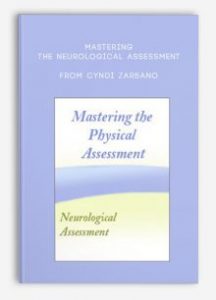 Mastering the Neurological Assessment From Cyndi Zarbano
Mastering the Neurological Assessment From Cyndi Zarbano
Faculty:Cyndi Zarbano
Description:
Session Description:
Physical Assessment skills are the basis for critical thinking, diagnosis and treatment. It is common for even the most experienced healthcare provider to miss the physical findings that will lead to proper care for the patient. This session of our Physical Assessment webcast series will teach you the in-depth Neurological Assessment Skills you need to consistently provide the highest level of care for your patients. Cyndi Zarbano delivers an excellent presentation that relays the information you need in an easy to understand, detailed presentation you won’t want to miss.
Session Topics:
- Anatomical Factors
- How they drive changes expected on assessment
- Six Areas of a Thorough Neurological Exam
- Mental Status Exam
- Cranial Nerves
- Proprioception and Cerebellar Function
- Motor Strength
- Sensory Function
- Deep tendon reflexes and Babinski
- Glasgow Coma Scale
- 3 Mnemonics for Common Causes of Acute Mental Status Changes
- Understanding delirium and how it impacts patient outcomes
- Meningeal Signs – different tools for different ages!
- Kernig’s Sign
- Brudzinski’s Sign
- Nuchal Rigidity
Session Objectives
- Analyze the primary causes of acute mental status changes.
- Apply 3 tests that assess proprioception and cerebellar function.
- Detect patients at risk for delirium and learn how to respond to it.
Session Outline
- Anatomical Factors
- How they drive changes expected on assessment
- Six Areas of a Thorough Neurological Exam
- Mental Status Exam
- Cranial Nerves
- Proprioception and Cerebellar Function
- Motor Strength
- Sensory Function
- Deep tendon reflexes and Babinski
- Glascow Coma Scale
- 3 Mnemonics for Common Causes of Acute Mental Status Changes
- Understanding delirium and how it impacts patient outcomes
- Meningeal Signs – different tools for different ages!
- Kernig’s Sign
- Brudzinski’s Sign
- Nuchal Rigidity
Get Mastering the Neurological Assessment From Cyndi Zarbano on
So what is NLP?
NLP stands for Neuro-Linguistic Programming. Neuro refers to your neurology;
Linguistic refers to language; programming refers to how that neural language functions.
In other words, learning NLP is like learning the language of your own mind!
NLP is the study of excellent communication–both with yourself, and with others.
It was developed by modeling excellent communicators and therapists who got results with their clients.
NLP is a set of tools and techniques, but it is so much more than that.
It is an attitude and a methodology of knowing how to achieve your goals and get results


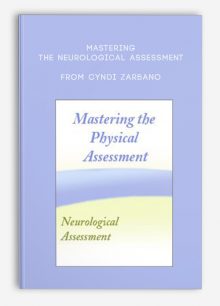


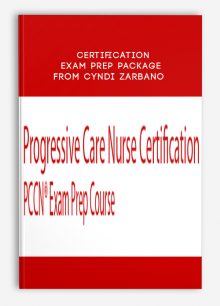

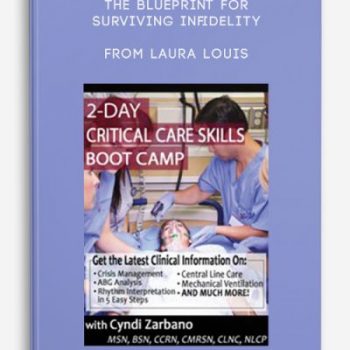

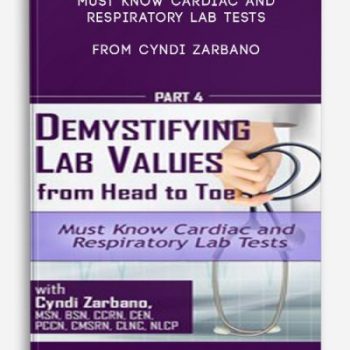

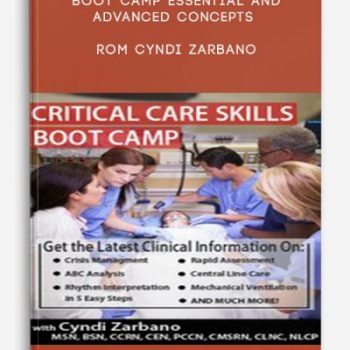

tristian –
This is Digital Download service, the course is available at Coursecui.com and Email download delivery.